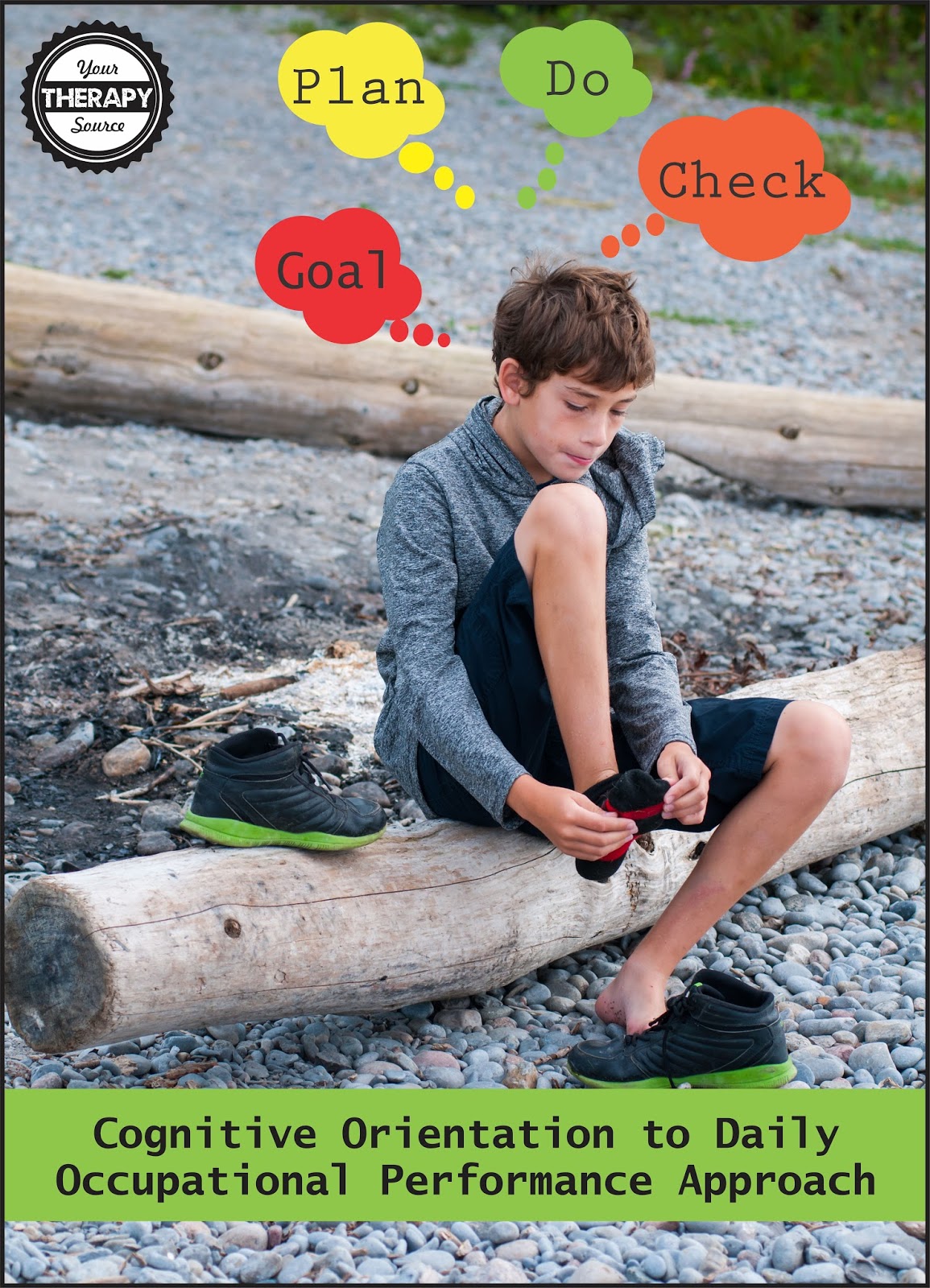

weekly
Wrong date input to Wrong date input
As a parent, watching your child struggle with everyday tasks—whether it's getting dressed, writing their name, or joining in play—can be heartbreaking. You want to help, but sometimes it’s hard to know where to start. That’s where the CO-OP Program at Supporting Learning for Children with Needs (SLCN) comes in. This innovative, evidence-based approach is designed to help children with developmental challenges gain independence, confidence, and essential life skills.
CO-OP stands for Cognitive Orientation to daily Occupational Performance. It’s a goal-oriented, problem-solving approach that teaches children how to independently perform tasks that are meaningful to them. Rather than simply practicing a skill over and over, CO-OP helps children learn how to learn—giving them strategies to tackle challenges, adapt to new situations, and build lasting confidence.
At SLCN, the CO-OP Program is part of a broader suite of therapies tailored to each child’s unique needs. Whether your child is facing difficulties with motor coordination, attention, social interaction, or academic performance, CO-OP can be a powerful tool to unlock their potential.
The CO-OP Program is ideal for children who:
Importantly, CO-OP is not limited to a specific diagnosis. It’s a flexible, child-centered approach that adapts to your child’s goals, strengths, and learning style.
The CO-OP Program at SLCN follows a structured yet highly personalized process:
Therapists begin by working with you and your child to identify specific goals. These might include tying shoelaces, riding a bike, or completing homework independently. The key is that the goals are chosen by the child, making them more motivated and engaged.
Children are taught a simple problem-solving framework called “Goal-Plan-Do-Check”:
This method helps children break down tasks, think ahead, and reflect on their performance—skills that are valuable across all areas of life.
Rather than giving direct instructions, therapists use guided discovery to help children find their own solutions. This builds independence and resilience, as children learn to troubleshoot and adapt.
One of the strengths of CO-OP is its focus on transferring skills to new environments. Therapists work with children in real-life settings—at home, school, or in the community—to ensure that the strategies they learn are practical and sustainable.
The CO-OP approach is backed by decades of research and has been shown to be effective for children with a wide range of needs. Here’s why it works so well:
At SLCN, therapists from diverse backgrounds—including occupational therapy, speech pathology, psychology, and special education—collaborate to deliver CO-OP in a holistic, integrated way.
Many families who’ve participated in the CO-OP Program at SLCN report transformative results. Children who once struggled with basic tasks begin to take initiative, show pride in their accomplishments, and participate more fully in family and school life.
One parent shared:
"Before CO-OP, my son couldn’t get dressed without help. Now he’s choosing his clothes, planning his morning routine, and even helping his younger sister. It’s been life-changing."
SLCN offers therapy sessions in a variety of formats to suit your family’s needs:
The process begins with a comprehensive assessment, where therapists observe your child’s strengths and challenges across eight developmental areas:
From there, a customized therapy plan is developed in collaboration with you and your child. You’ll be actively involved every step of the way, learning how to support your child’s progress and celebrate their successes.
At Supporting Learning for Children with Needs, the philosophy is simple: every child deserves the chance to thrive. The team is passionate about empowering families and creating therapy plans that are personalized, practical, and evidence-based.
Led by Brent Connolly, a paediatric speech pathologist with a deep commitment to child development, SLCN brings together professionals from multiple disciplines to offer truly comprehensive care [1].
Whether your child is just beginning their therapy journey or you’re looking for a fresh approach, the CO-OP Program at SLCN offers hope, support, and real results.
If you’re curious about how the CO-OP Program could help your child, SLCN offers free consultations to discuss your goals and recommend the best path forward. Visit www.slcn.com.au to learn more or book an appointment.
Empower your child to take charge of their learning, build independence, and discover their potential—with CO-OP and SLCN by your side.